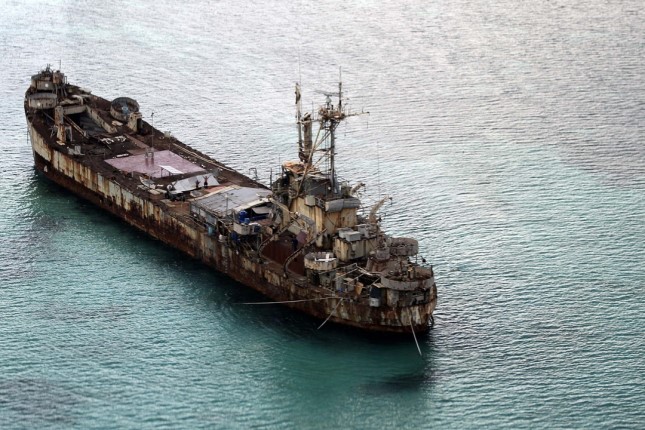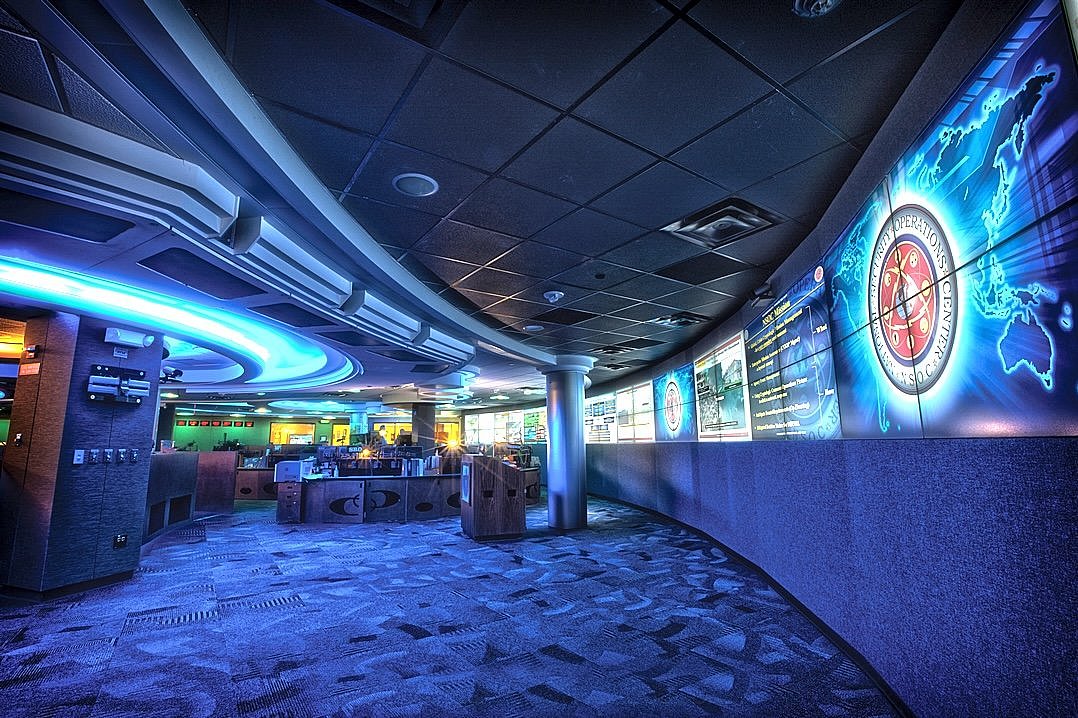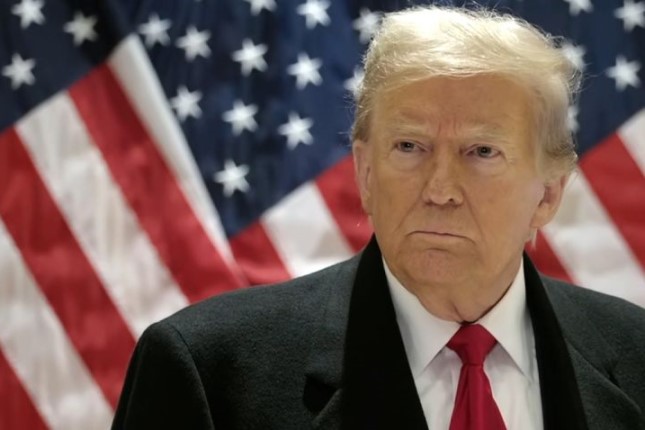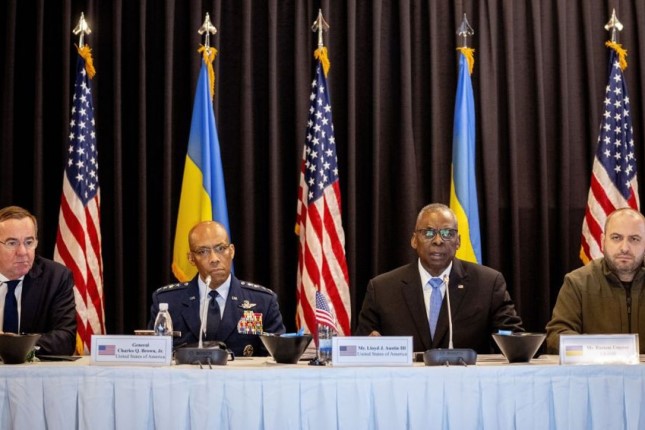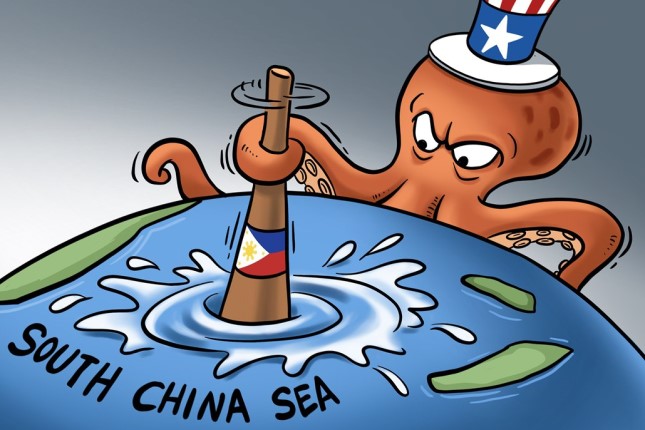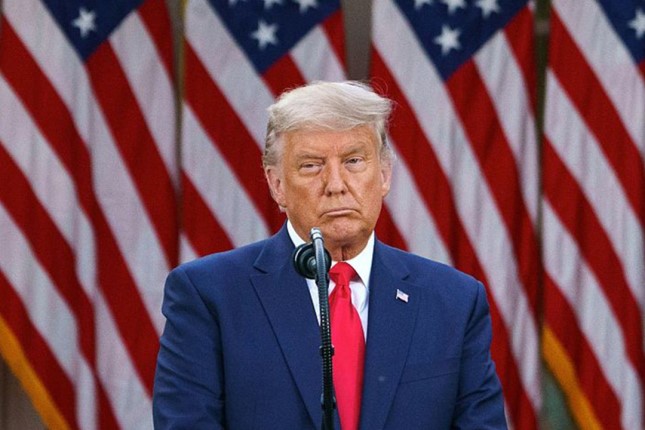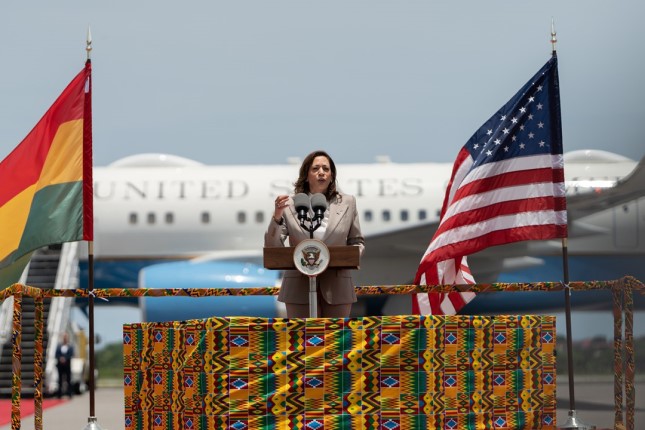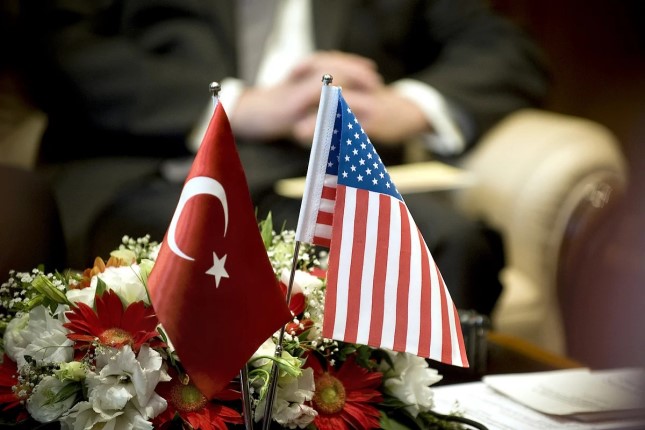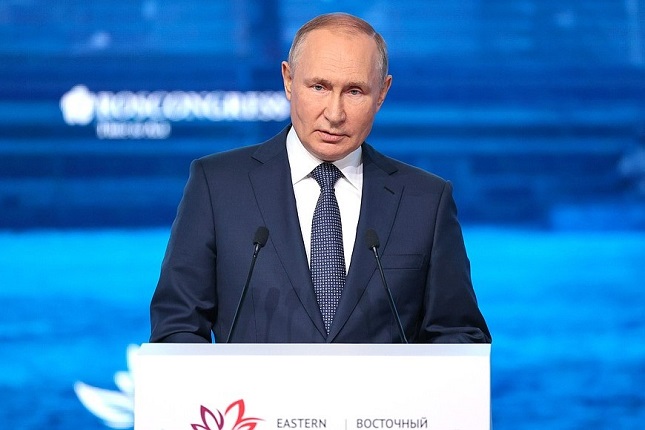The Philippines has continued its provocations in the South China Sea by illegally trespassing on Huangyan Dao (also known as Huangyan Island) and tried to form "small clique" by signing an agreement with Vietnam on cooperation in the sea. Chinese experts said Manila's behavior will further complicate the situation in this region and sabotage political trust between all parties involved in the South China Sea issue, which goes against the interests of all ASEAN member states.
On Sunday, four Philippine individuals illegally trespassed into China's Huangyan Dao reef area. The Chinese Coast Guard (CCG) warned and expelled them in accordance with the law, handling the situation in a professional manner, Gan Yu, a spokesperson at the CCG said on Wednesday.
The CCG said in a statement late on Saturday that a small Philippine aircraft on January 21 airdropped supplies to the Philippine warship which remains illegally grounded on China's Ren'ai Jiao (also known as Ren'ai Reef).
Philippine President Ferdinand Marcos Jr visited Vietnam this week amid the escalating situation. The Philippines and Vietnam signed agreements on Tuesday to prevent incidents in the South China Sea and broaden cooperation between their coast guards in a growing alliance. The AP reported that the two countries also had discussions on enhancing information-sharing and training exchanges between the Vietnamese and Philippine militaries.
The two memoranda of understanding on security covered "incident prevention in the South China Sea" and "maritime cooperation" among coastguards, Reuters quoted a Vietnamese official as saying.
In an interview last week, Philippine Coast Guard spokesperson Armand Balilo denied that the cooperation deal between Manila and Hanoi is aimed at China.
The Philippines is pinning its hopes on signing a deal with Vietnam to create a "small clique" in the South China Sea, especially as the Code of Conduct (COC) in the South China Sea enters its third reading, Xu Liping, director of the Center for Southeast Asian Studies at the Chinese Academy of Social Sciences, told the Global Times on Wednesday.
Xu noted that the Philippines is trying to expand its influence over the COC to seek benefits for its illegal claims.
Chen Xiangmiao, director of the world navy research center at the National Institute for South China Sea Studies, pointed out that China, Vietnam, and the Philippines have overlapping claims in certain areas of the South China Sea. The cooperation between the Philippine and Vietnamese coast guards is founded on their own mutual recognition of the enforcement of the waters, disregarding China's sovereignty claims.
If Chinese fishing vessels enter waters claimed by all three, the information-sharing cooperation between Vietnam and Philippines would inform both countries' coast guards, thus increase the burden and expenses of protecting maritime rights for China, Chen said.
Chen believes that the Philippines is trying to forge closer bilateral cooperation with some ASEAN nations in order to counter China's stance on the South China Sea dispute to win over more countries and exert additional pressure on Beijing.
The ASEAN Foreign Ministers' Retreat took place in Luang Prabang in Laos on Monday.
Several ASEAN nations brought up tensions in the South China Sea, Saleumxay Kommasith, Foreign Minister of Laos, which is this year's ASEAN chair, said in the talks on Monday. He added that Laos hoped to have a third reading of the Code of Conduct with China "as soon as possible," media reported.
"That would create an environment where both ASEAN member states, especially the claimant states, and China can build more trust and confidence," he said. "Whatever happens in the South China Sea should be resolved in a peaceful manner through dialogue and consultations."
Chen said that currently, ASEAN countries hope to reach a consensus on South China Sea issue within its bloc and then sit down with China at the negotiating table. "If bloc members have divergences, it will be impossible to reach an agreement with China," Chen noted.
Xu highlighted China's commitment to resolving the South China Sea issue in collaboration with ASEAN members, with specific consensuses already reached. However, the Philippines is attempting to exclude China through certain agreements with bloc countries and continues to provoke China on this matter.
Photo: This aerial photograph taken from an aircraft shows the dilapidated Sierra Madre ship of the Philippine Navy "grounded" at Ren'ai Jiao in the South China Sea on May 11, 2015 © AFP.
Source: The Global Times.
